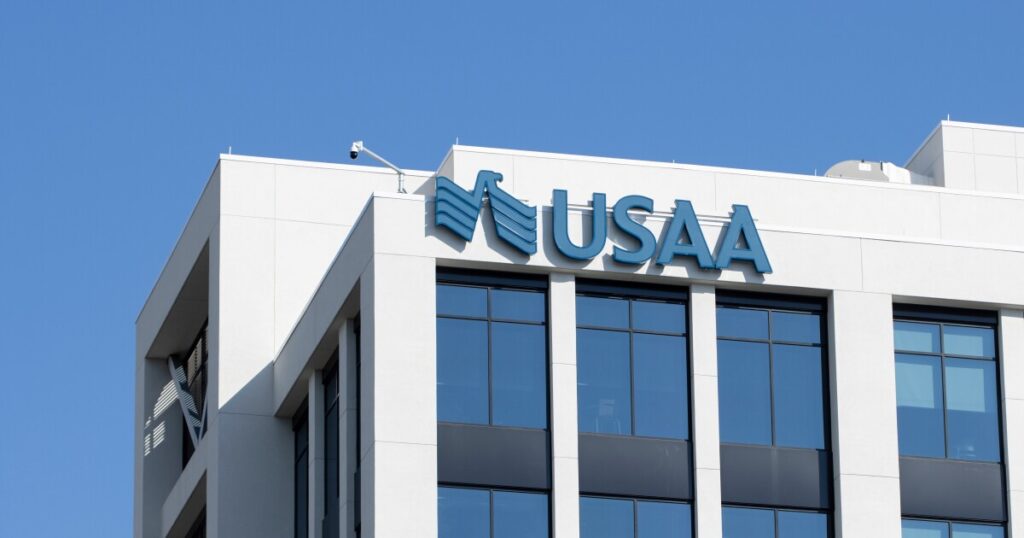USAA's Peacock to retire after five years as CEO

Tada Images – stock.adobe.com
Wayne Peacock, the CEO of the military-focused insurer and bank USAA, is retiring next year, the company said Monday.
His exit follows nearly five years atop San Antonio-based USAA, which has maintained a well-known brand within the military community yet also tangled with bank regulators over compliance shortcomings.
Peacock is staying at USAA until the first half of next year, which board chairman Jim Zortman said in a news release will “ensure a smooth transition.” The privately held company is considering internal and external candidates for the CEO job, whose responsibilities include overseeing USAA’s insurance operations and its $111.7 billion-asset bank.
Zortman, a retired Navy vice admiral, said Peacock is “thoughtful and strategic and has never wavered in doing what’s right for the association.”
“Because of his leadership, USAA is moving in lockstep with the changing needs of the military community and is continuing to set the bar for member service,” Zortman said in the release.
The announcement did not touch on the several compliance-related issues the company has grappled with in recent years.
In 2022, the company agreed to pay $140 million for what regulators called “willful” lapses in ensuring its bank was adequately guarding against money laundering activity. Regulators flagged inadequate tracking procedures dating back to 2016.
Last year, USAA Federal Savings Bank got dinged in a regulatory exam after supervisors flagged discriminatory practices in its auto lending unit. The issue helped the company get a second consecutive failing grade on its Community Reinvestment Act exam. Banks typically pass those exams, which are aimed at reviewing their track records in communities they serve.
Both times, USAA received a “needs to improve” rating, the second lowest available to banks.
The company this month also agreed to settle a class-action lawsuit for $64 million over allegations that it overcharged thousands of military members, who are subject to certain interest rate protections. Regulators fined USAA $85 million in 2020 over similar issues, which were behind its first CRA exam failure.
Peacock said after the 2020 fine was announced that the bank had “fallen short of our high standards and those of our members and our regulators.”
“As we grew quickly over the last decade, we never wavered from our commitment to serve members,” Peacock said. “However, we did not sufficiently invest in the capabilities and expertise necessary to meet regulatory requirements and evolving business needs.”
Peacock, who joined USAA 36 years ago, wrote in a letter to employees Monday that he and his wife had envisioned he would spend three to five years as CEO when he got the job.
“As I approach the five-year mark, we’ve decided it’s time to take the next step forward,” he wrote.
Highlights he included from his tenure include navigating the pandemic, growing the company’s “digital touchpoints” for consumers, growing its membership base by nearly a million and “providing industry-leading service with a 96% member-retention rate.”
Peacock’s planned departure comes a month after USAA announced other changes to its management team.
The company’s chief financial officer, Jeff Wallace, stepped into the chief audit executive role after the departure of its past audit head. Brett Seybold, formerly the senior financial officer for USAA’s property and casualty business, became the company’s new CFO.






